Images for Ramadan Days 21 to 30
Here you will see Images for Ramadan Days 21 to 30 with HD Quality images
Day 21:
As we enter the last third of Ramadan, Day 21 offers a chance to deepen our faith. This period encourages us to reflect on our spiritual journey and evaluate our progress in spiritual practices.
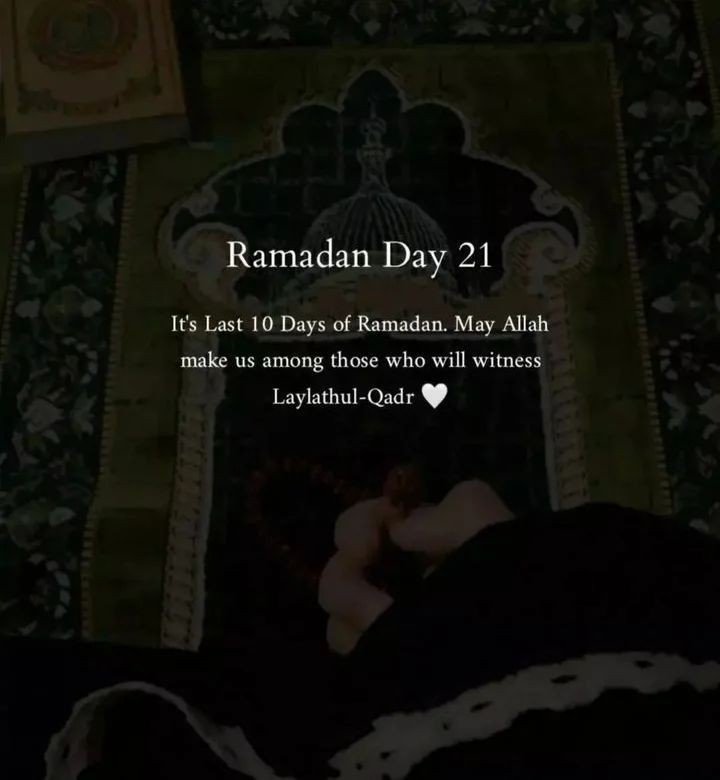
Day 22:
On Day 22, let’s focus on giving and generosity. Acts of charity, no matter how small, can profoundly impact those in need. This day serves as a reminder to help those less fortunate in our community.
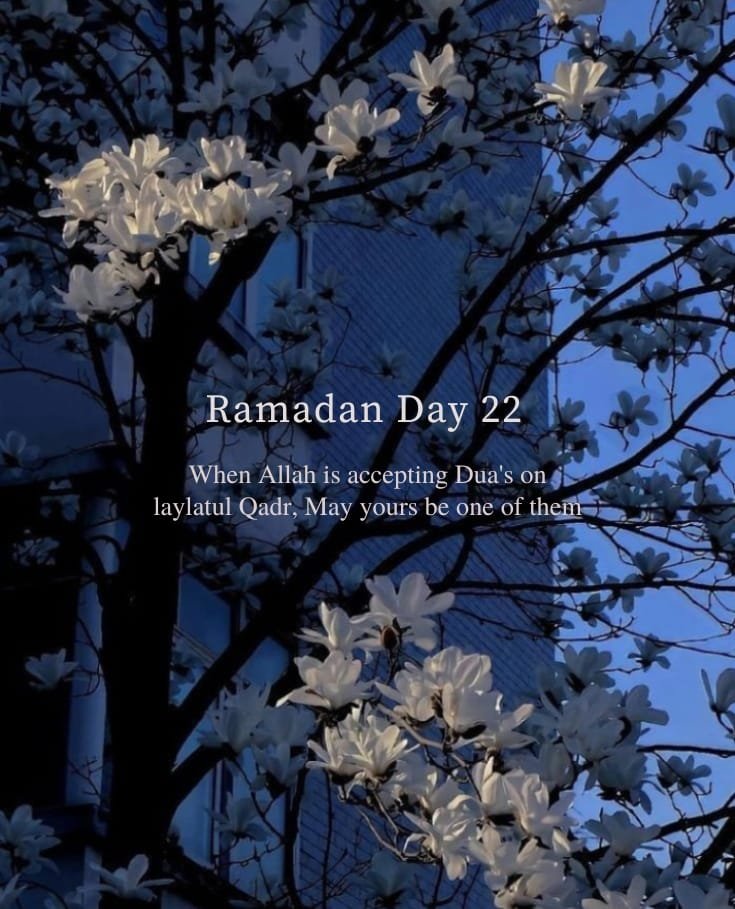
Day 23:
Day 23 emphasizes the importance of prayer and meditation in enhancing our connection with Allah. Set aside time for personal prayers, reflecting on your goals and intentions during this Ramadan.
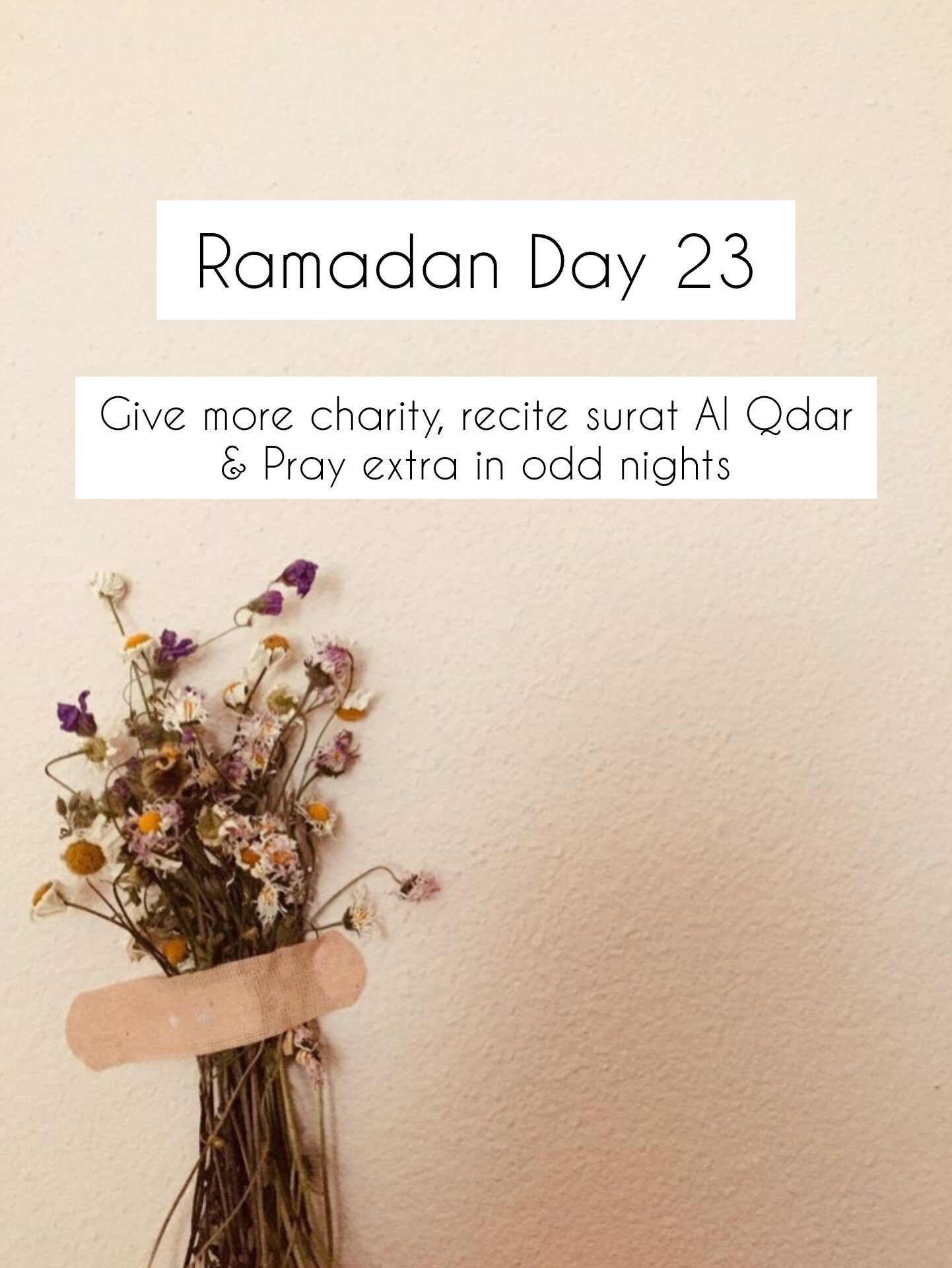
Day 24:
On this day, engage in seeking forgiveness. Reflect on past mistakes and ask for mercy, which is particularly significant during this holy month of self-reflection.
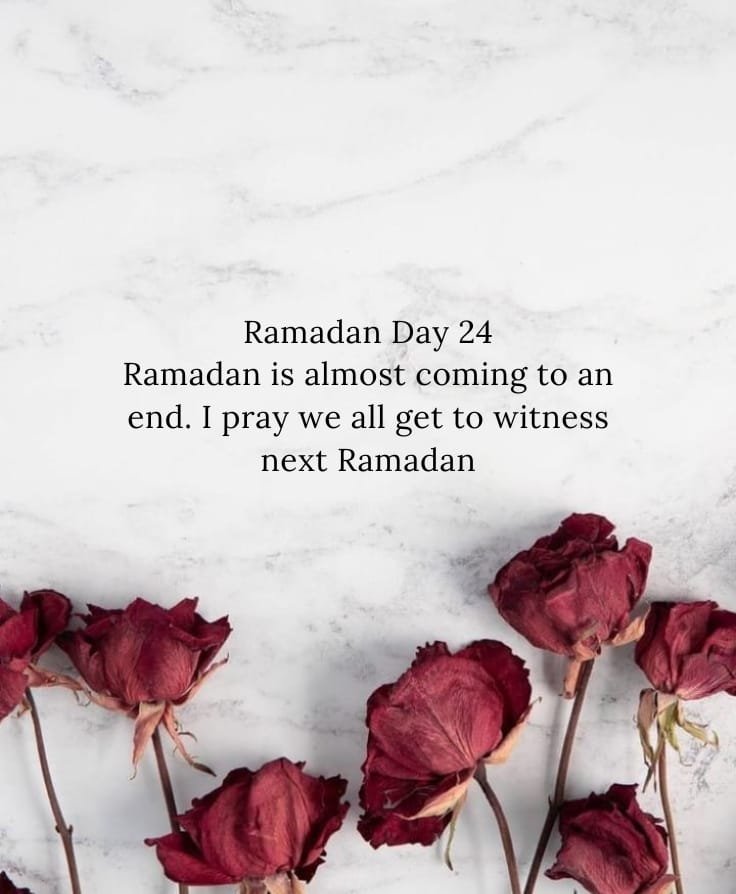
Day 25:
Day 25 is often considered the Night of Power, Laylat al-Qadr. This night is believed to hold immense rewards and blessings. Devote extra time to prayer and supplication.
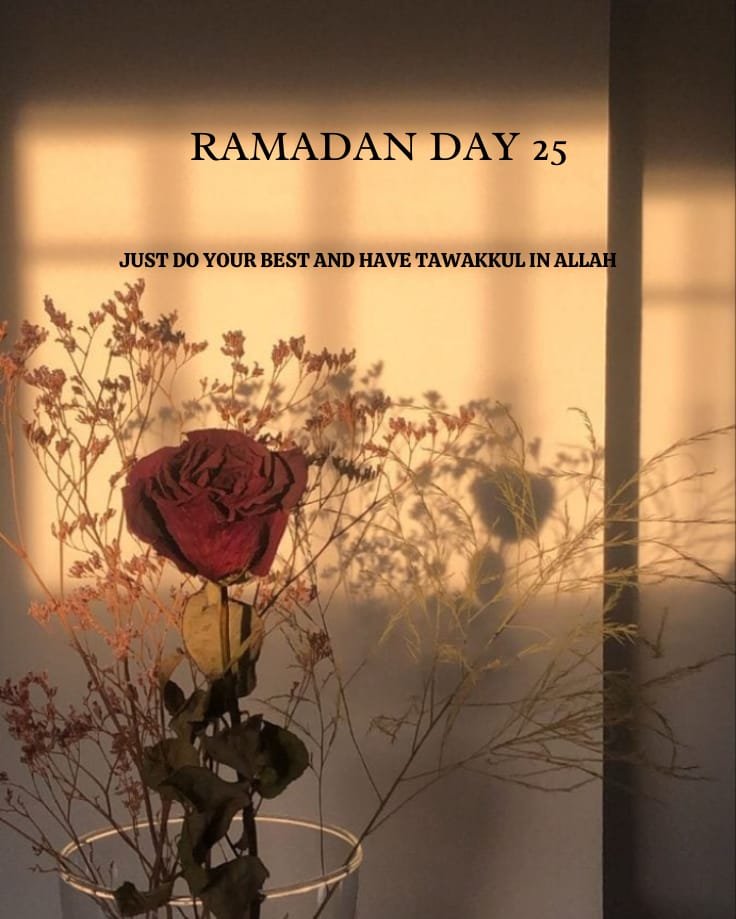
Day 26:
Foster the spirit of togetherness on Day 26 by reaching out to family and friends. Building and strengthening community bonds enhances our overall Ramadan experience.
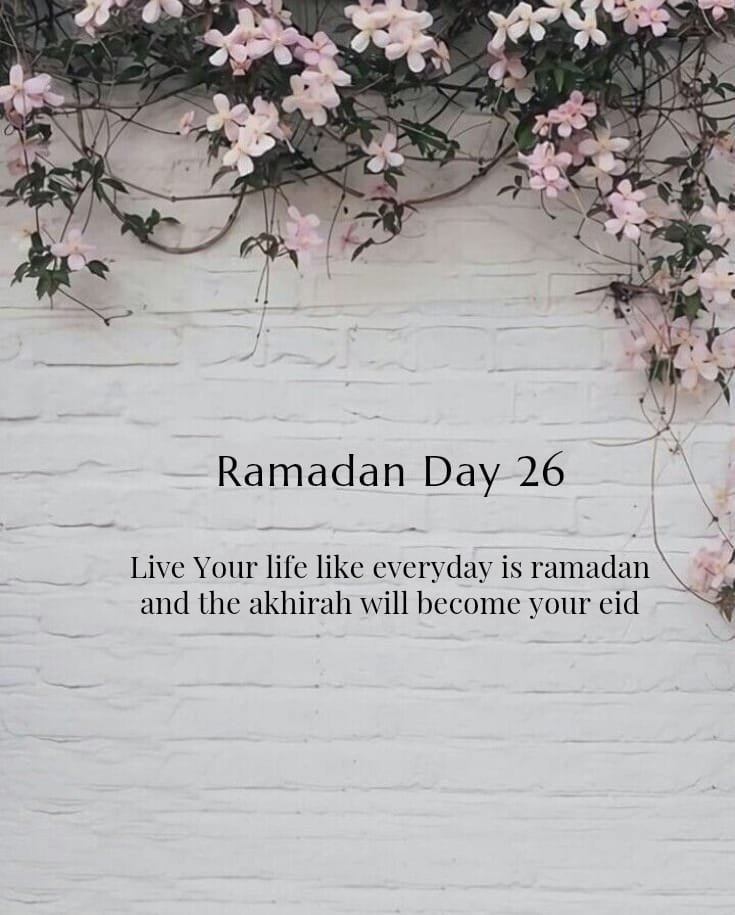
Day 27:
As we near the end of Ramadan, Day 27 invites us to express gratitude for the blessings we have. Reflect on the lessons learned and the growth encountered during this holy month.
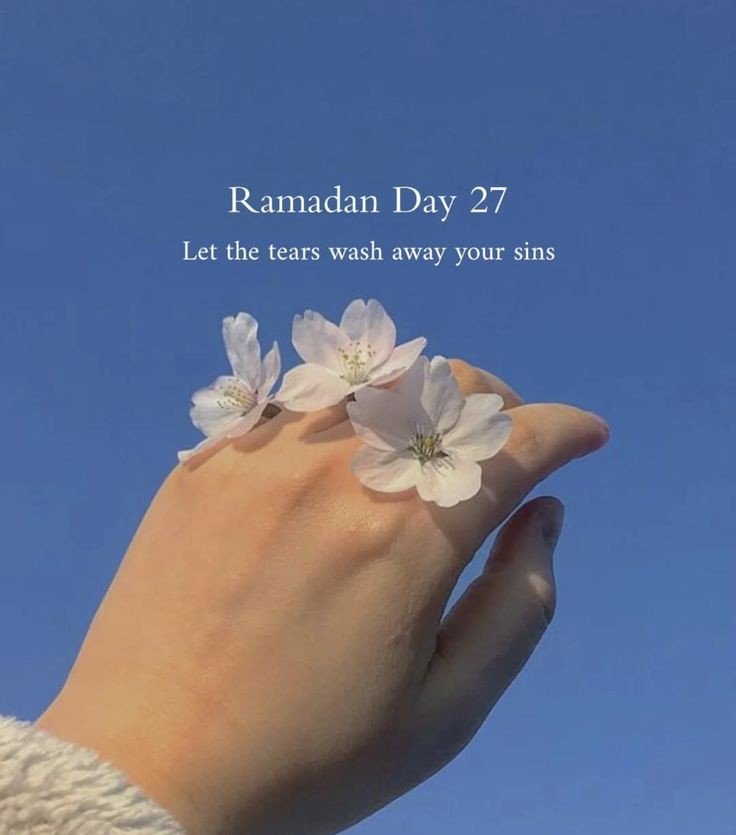
Day 28:
On Day 28, focus on final acts of worship, striving to maximise our rewards. Engage in prayers, reading Quran, and performing good deeds with sincerity.
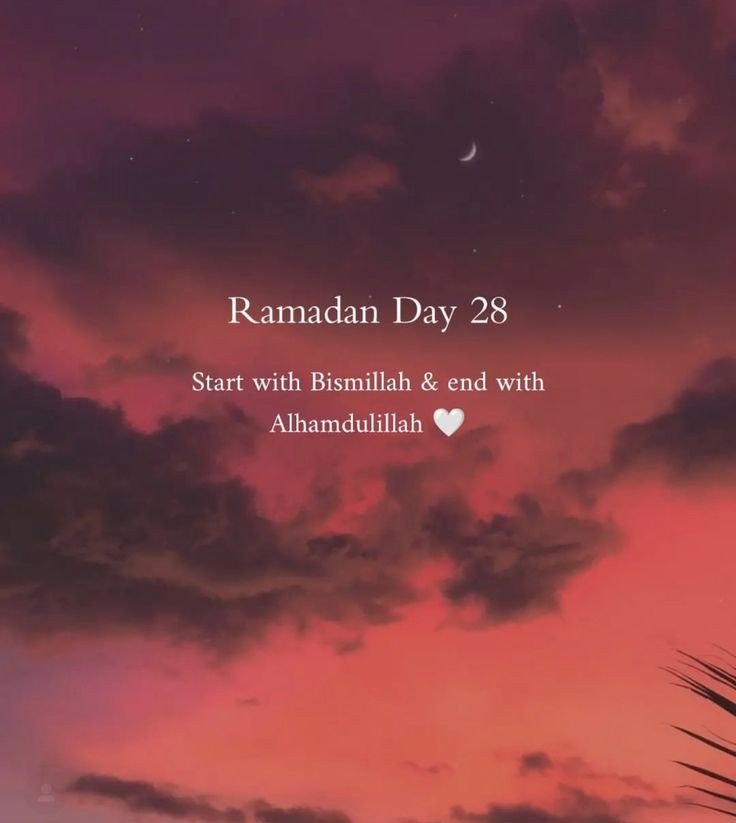
Day 29:
Day 29 is a time of preparation for Eid. Prepare your home, gather necessary items for celebrations, and reflect on the spiritual journey completed throughout Ramadan.
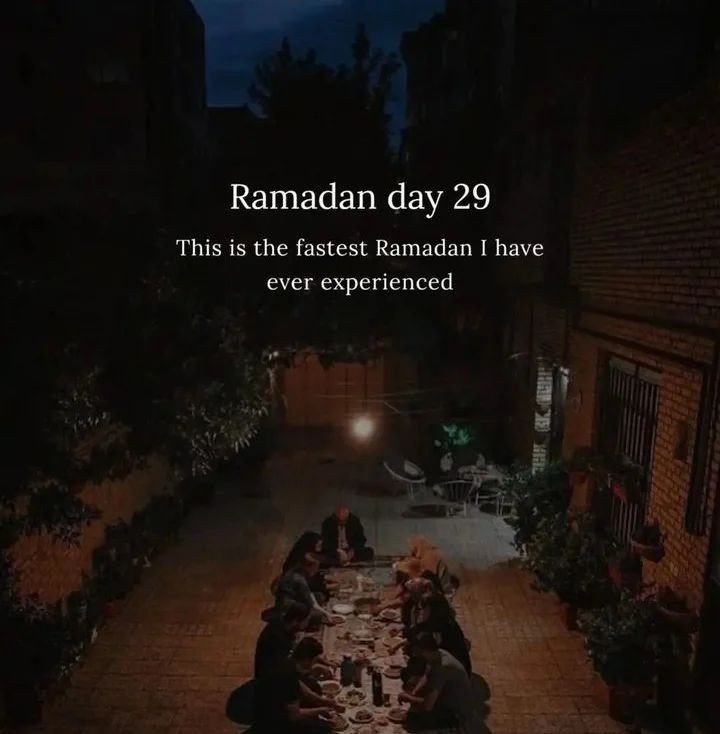
Day 30:
Finally, Day 30 marks Eid al-Fitr. Celebrate the completion of Ramadan with prayers and joyful gatherings, giving thanks for the blessings and lessons obtained throughout this month.
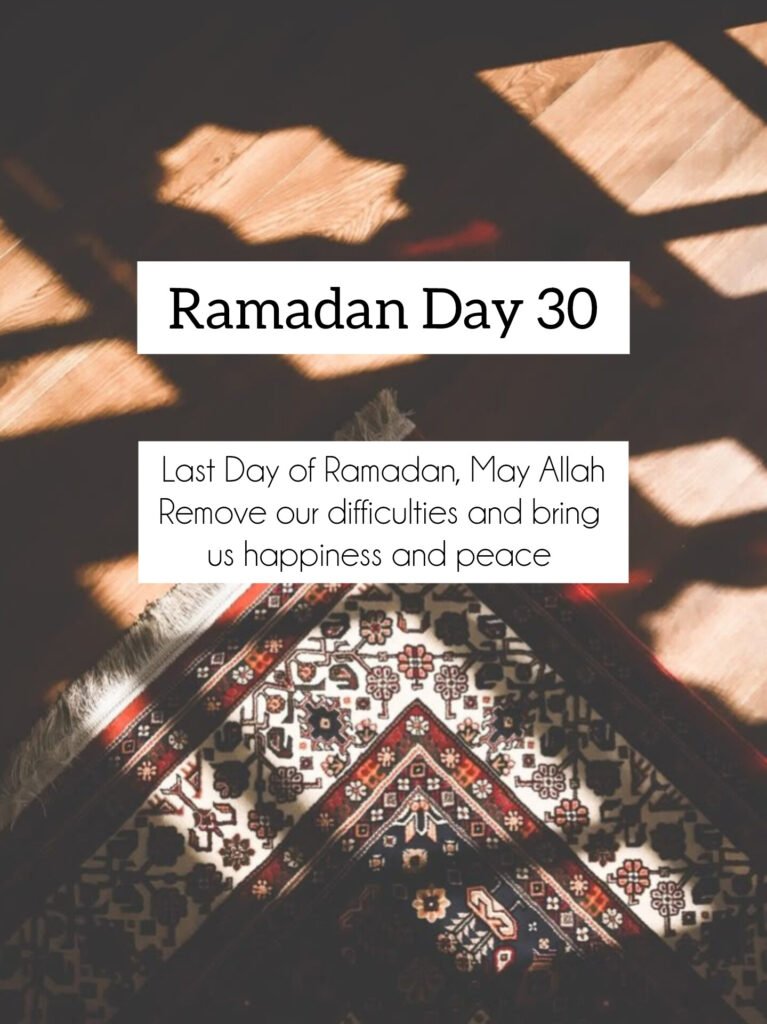
(Images for Ramadan Days 21 to 30)
FAQ’S :
What is the significance of the third Ashra of Ramadan?
The third Ashra is known as Ashra-e-Nijat (the ten days of seeking salvation from Hellfire). It is a time for deep devotion, repentance, and increased worship.
Why do Muslims fast during Ramadan?
Muslims fast to fulfill one of the Five Pillars of Islam. Fasting helps develop self-discipline, empathy for the less fortunate, and a closer connection to God (Allah).
What is the special dua (prayer) for the third Ashra?
The special dua for the last Ashra is:
اللهم أجرني من النار
“O Allah, save me from the fire (of Hell).”
What are recommended acts of worship during third Ashra?
- Itikaf (spiritual retreat in the mosque)
- Tahajjud (night prayer)
- Reciting Quran & making dua
- Giving charity & helping the needy
- Seeking forgiveness from Allah
What is Itikaf, and how is it performed?
Itikaf is a spiritual retreat where Muslims stay in the mosque for the last ten days to focus on worship and devotion. It is an opportunity to detach from worldly distractions and connect with Allah.
To know about Istikhara, its misconceptions and its advantages.
